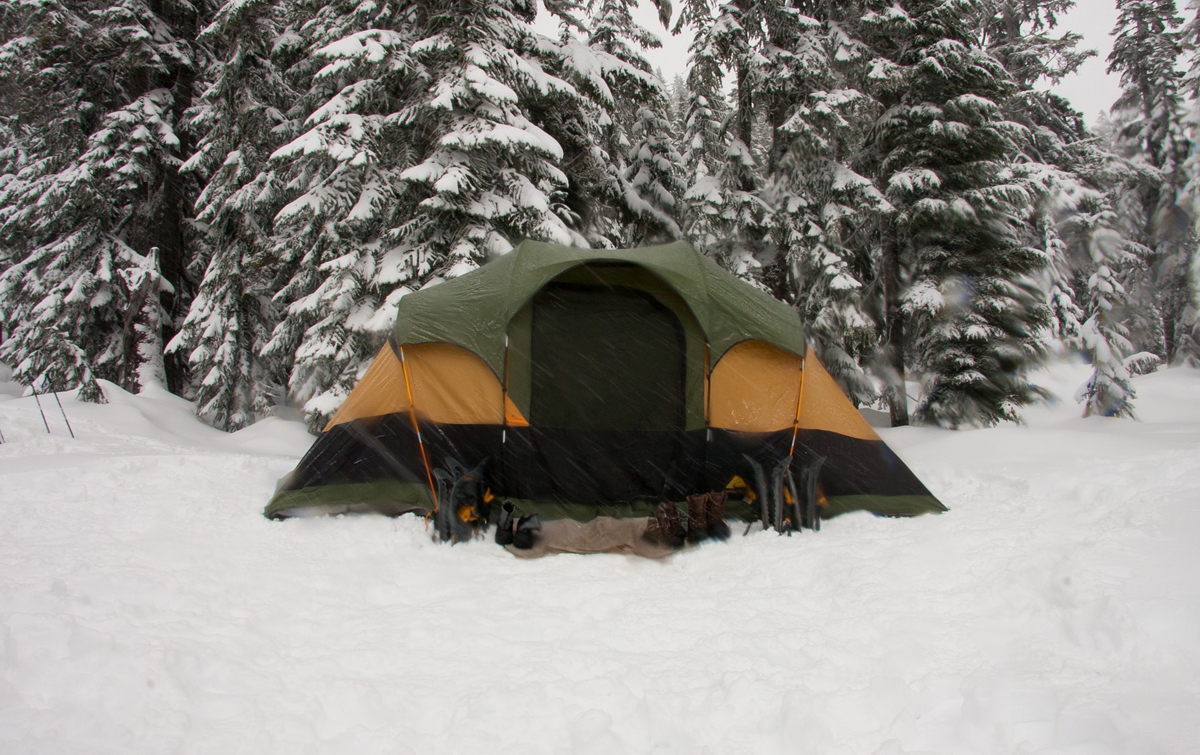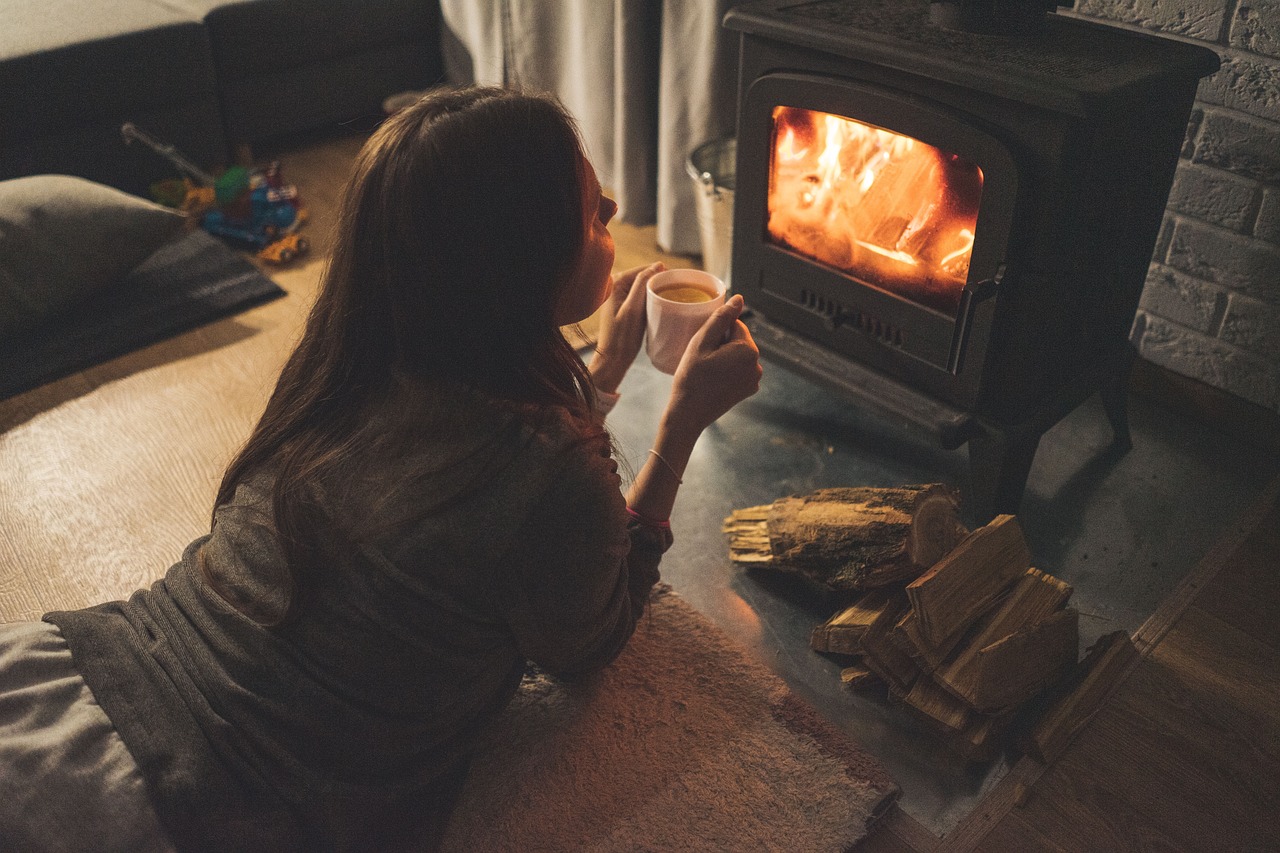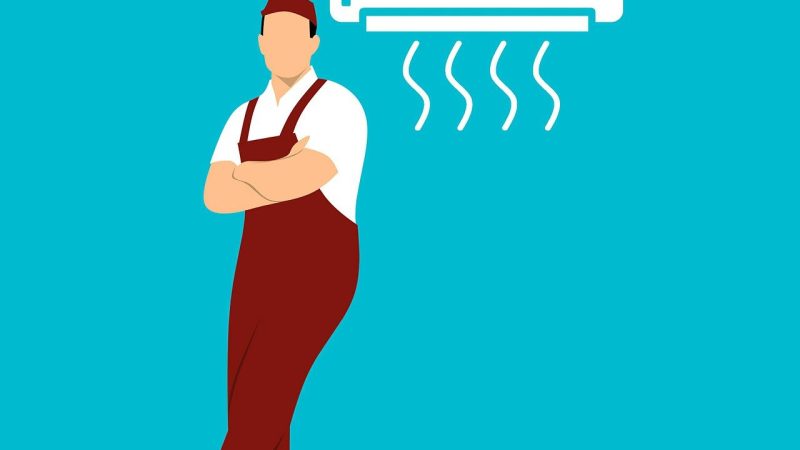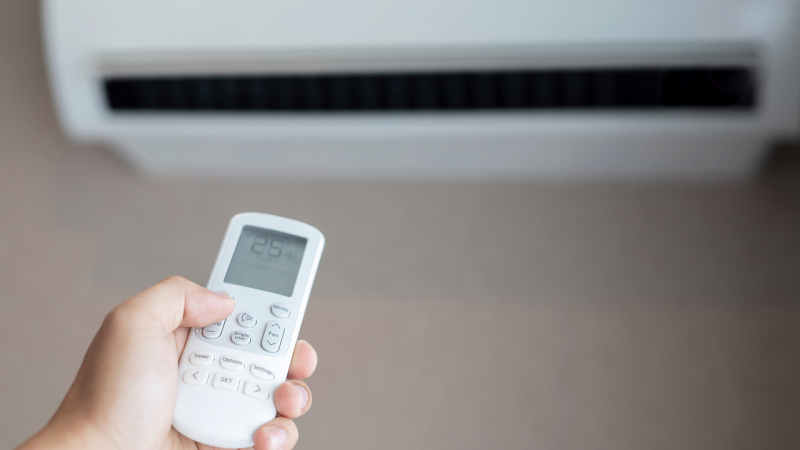Saving on Home Heating
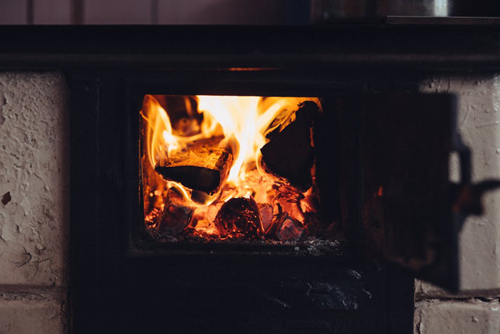
Looking for ways to save money on home heating this winter? Consider these tips and tricks to keep your home warm while also keeping costs down. From insulating your water heater to using solar heat, these simple changes can make a big difference in your energy bills. Read on to learn more about how to save on hot water and keep your home cozy all winter long.
> Heat your home with energy that is cheapest in your area.
> Consider heating your home with solar heat. It costs the least.
> Insulate your water heater. This will pay for itself quickly.
> Open draperies and shades in winter to let in sunshine.
> Keep thermostat at 68 degrees; 55 degrees at night.
> Install an automatic timer.
> Heat only those rooms that are in use.
> Cut heat loss in half by weatherstripping doors and windows.
> Check for cracks around fireplace. Keep heat in by caulking all cracks.
> Insulate your attic and all outside walls.
> Be sure your thermostat is not located in a normally cold or hot place.
> In winter, set thermostat low. In spring and fall, turn off heat.
> Wear warm (closely knit fabrics) clothing indoors during cold weather.
> When away from home, turn off heat and hot water heater.
> Keep windows closed during cold weather.
> Inspect your furnace. Keep parts clean. Replace air filters when necessary.
> Wrap heating ducts with duct tape where exposed to cold air.
> Don’t peek into the oven. You lose 20% – 50% of the heat each time you do.
> Have your furnace serviced by an experienced professional once a year.
> Avoid use of kitchen, bathroom fans in winter. They waste household heat.
> Keep fireplace damper closed when not in use.
> Make sure that furnace cold air register is not obstructed.
> Check efficiency ratings before purchasing portable heaters of any kind.
> Cooking utensils with flat bottoms and tight fitting covers save heat.
> Be sure pots and pans are right size for range burners and elements.
> Plan some meals so that entire meal can be prepared in oven at same time.
> Thaw frozen meats to almost room temperature before cooking.
> Never use range or oven to heat the kitchen. This could prove dangerous.
> Turn off oven about 5 minutes before cooking time is over.
> Use storm or thermal windows in cold areas.
> During winter months, arrange furniture away from outside walls.
Saving Money On Home Heating
> Remove awnings from sun-exposed windows during winter months.
> Insulate floors over unheated spaces such as crawl spaces and garage.
> Close off attic, garage, basement, spare bedrooms, storage areas, etc.
> An electric blanket is much less expensive than heating your bedroom.
> Cover pots and pans when heating liquids.
> Install storm doors before cold weather arrives.
> Seal gaps around pipes, wires, vents. Caulk baseboards.
> Turn off heat when the fireplace is being used.
> A glass front or glass screen will reduce fireplace heat loss.
> Dust or vacuum radiator surfaces frequently.
> Don’t forget to weatherstrip your attic door to prevent heat from escaping.
> Insulate your mattress and bed frame with plastic sheets.
> Repair holes in roof, walls, doors and windows where heat may escape.
> Check to see that glass in all windows have full putty.
> If wood is inexpensive in your area, install a wood burning stove.
> Turn off your furnace pilot light when heat is not necessary.
> Teach youngsters to keep doors closed and other ways of conserving heat.
> Talk to your utility company for other suggestions for saving heat.
How to Save on Hot Water
> Keep hot water thermostat set at 110-120 degrees. (Most are set at 140 degrees).
> Repair faucets. A dripping faucet can waste 15 gallons of hot water a day.
> Install an automatic timer so water is heated only during hours needed.
> Wash clothing in cold water with cold water detergent.
> Install an aerator on your kitchen sink faucet to save on hot water.
> Save hot water by installing a low-flow shower head.
> “Suds savers” on washers allow you to reuse hot water for several loads.

